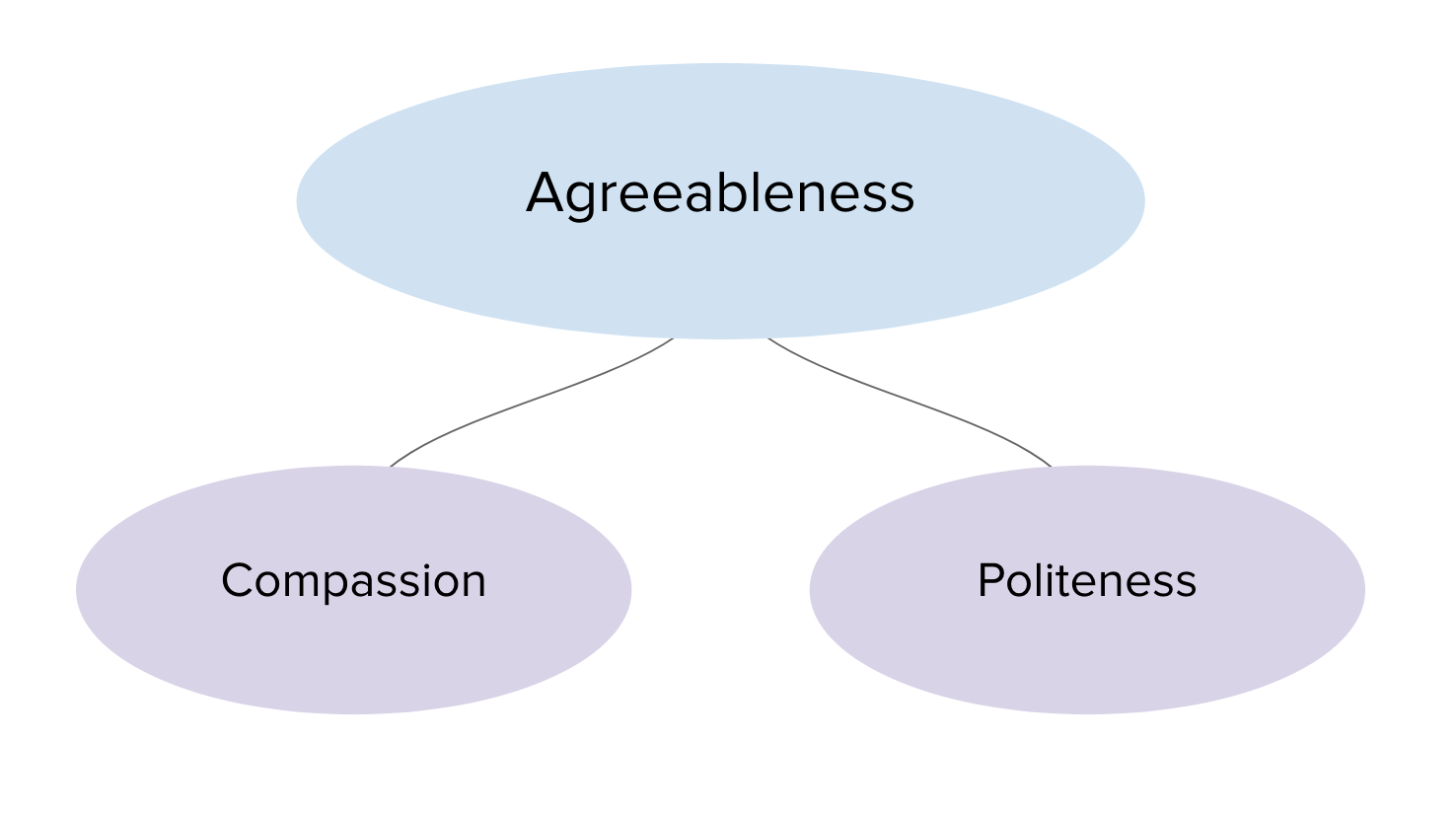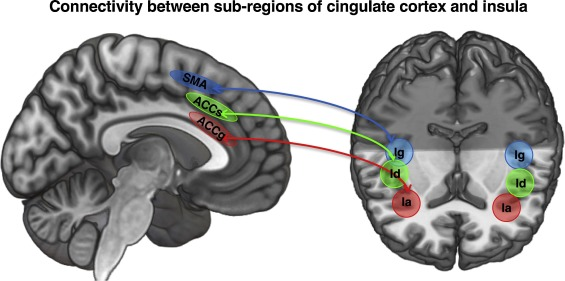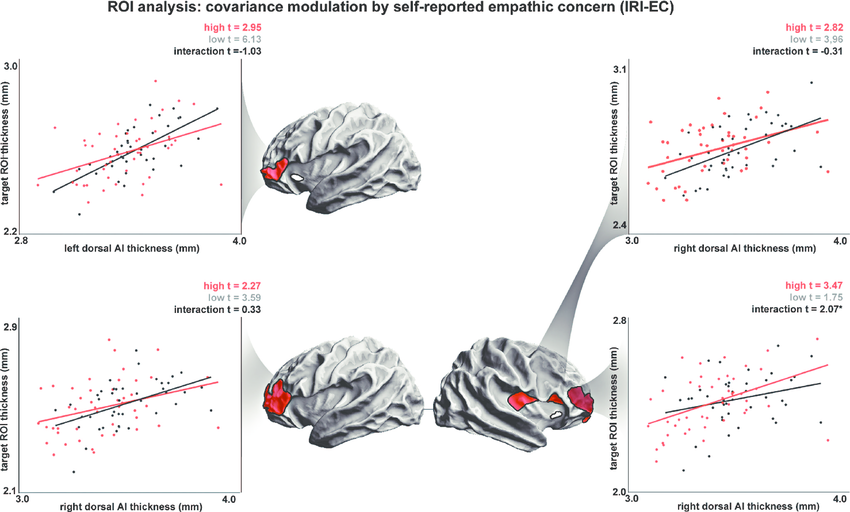
Agreeableness is a Big Five trait explains an individual’s ability and tendency to understand the perspectives of others and to adjust their behavior to accommodate them. A person who has agreeableness as a trait is usually warm, friendly, and tactful. They generally have an optimistic view of human nature and get along well with others.
Agreeableness is an obvious advantage for building teams and maintaining harmony on the work floor. It's no surprise that people who are agreeable are more likeable than disagreeable people. On the other hand, agreeableness may not be useful in some occupational situations that require difficult or objective decisions.

Agreeableness has two known sub-traits (DeYoung, 2016):
- Compassion, which refers to emotional attachment to and concern for others.
- Politeness, which refers to the tendency to suppress and avoid impulses that are aggressive or violate norms.

Agreeableness has been closely linked to several structures and systems in the brain...
Serotonin & testosterone
High levels of Politeness are associated with higher serotonin function and lower baseline testosterone levels - this combination likely allows for the ability to suppress aggression, or emotional regulation.
Empathy
Your brain has built-in systems for empathy. These systems allow you to "mirror" other peoples' feelings, and they're often the same systems that make you feel your own emotional and physical pain.

For people with higher levels of the Compassion sub-trait, these empathy systems have been shown to have higher connectivity and activity.

Perhaps more importantly, recent studies suggest that these systems have neural plasticity, which means that you can probably train your brain to be more compassionate!
There is hope for the robots among us.
Next, we'll go over the neurobiological causes of Neuroticism.








